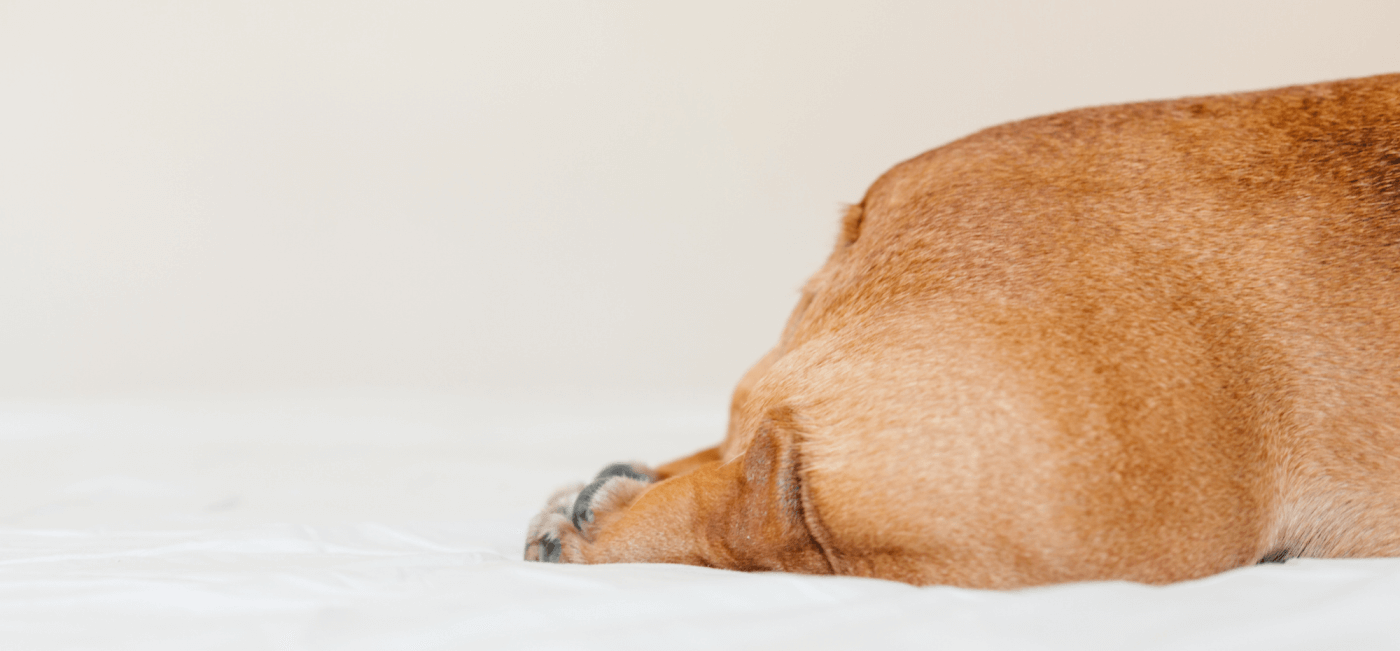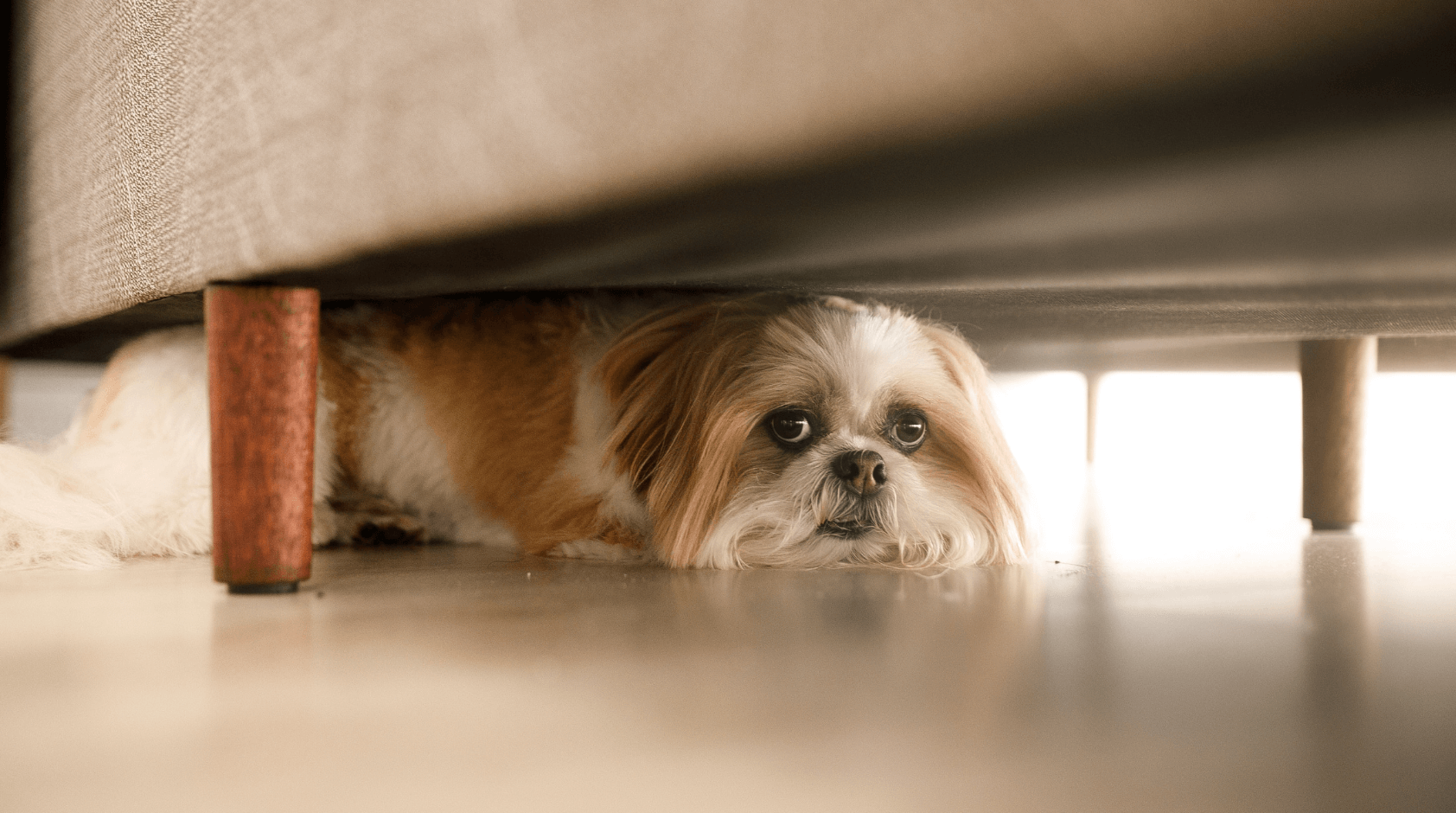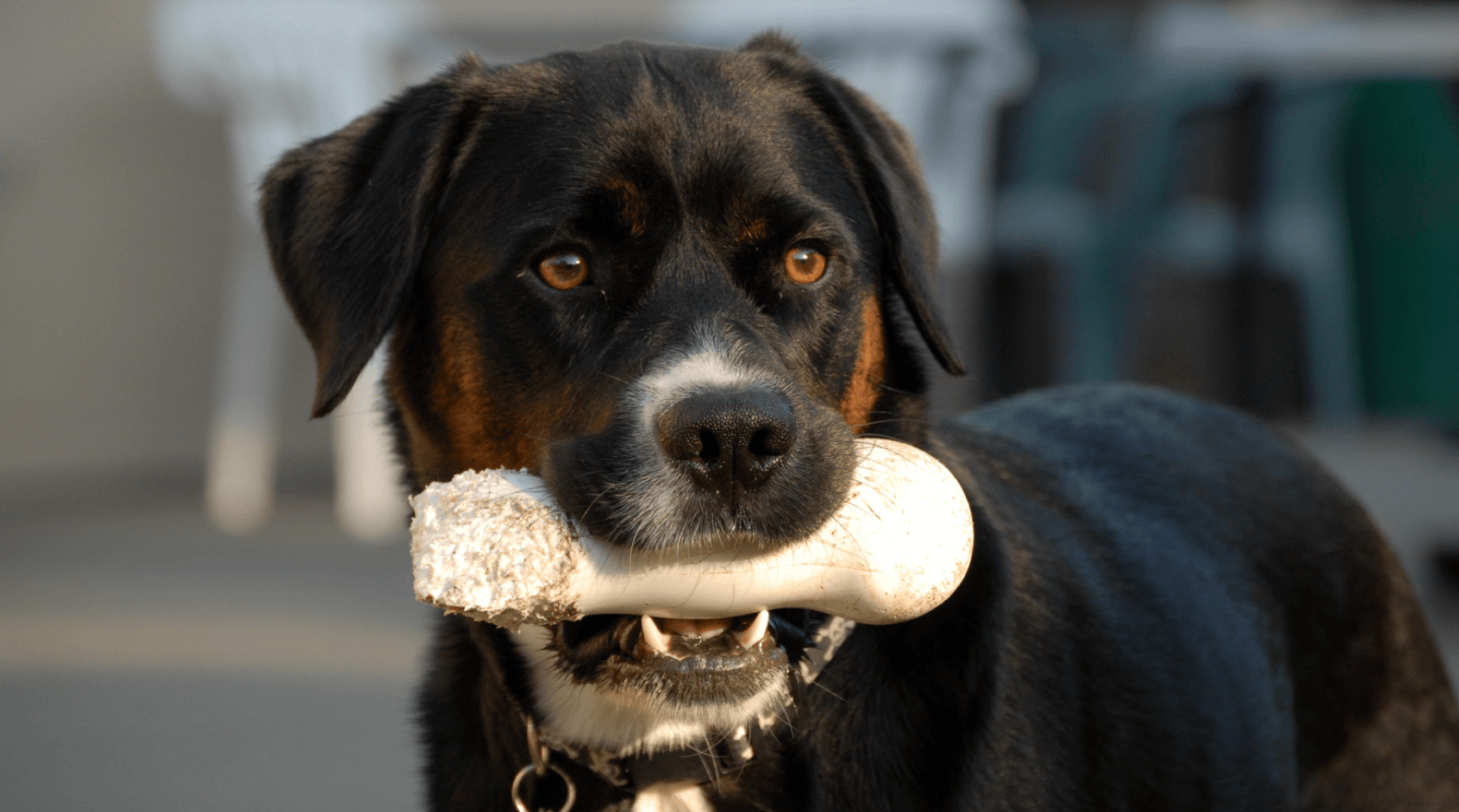Hello there, fellow dog lovers. Today, we're going to delve into dog anal glands, a topic that might not be the most pleasant, but it's crucial for your furry friend's well-being. We know it's a stinky subject, but it's one most of us unfortunately have to face!
What Are Dog Anal Glands?
To put it simply, dog anal glands (also known as anal sacs) are two small, grape-sized pouches located on either side of your dog's anus. These glands are responsible for producing a smelly, oily substance that helps dogs mark their territory and communicate with other dogs through scent. While this might sound fascinating, it can become problematic if these glands aren't functioning properly.
The Importance of Anal Glands
- Scent Communication: Dogs use their anal gland secretions to communicate with other dogs. It's like leaving a little message for their furry buddies, telling them who's been around and what they've been up to.
- Territorial Marking: Dogs use the scent from their anal glands to mark their territory, which is their way of saying, "This spot is mine!" This behavior is especially common in outdoor environments.
Signs of Anal Gland Problems
As responsible dog owners, it's crucial to keep an eye out for any signs of anal gland issues. These may include:
- Scooting: If you notice your dog dragging their rear end along the floor or ground, it could be a sign of discomfort caused by anal gland problems.
- Excessive Licking: Your dog might start excessively licking their rear end due to irritation or itchiness caused by anal gland issues.
- Foul Odor: If you catch a particularly pungent smell coming from your dog's rear end, it could indicate an issue with their anal glands.
- Swelling or Redness: In some cases, the area around the anus may become swollen or red if the glands are infected or impacted.
What Can Go Wrong?
Anal gland problems in dogs usually fall into two categories: anal gland impaction and infection.
- Impaction: This occurs when the anal gland's secretions become too thick or viscous, making it difficult for them to be naturally expressed during your dog's bowel movements. This can lead to discomfort, scooting, and infection if left untreated.
- Infection: Bacterial infections can occur when the anal glands become blocked or impacted. Infections are painful for your furry friend and require prompt veterinary attention.
How to Address Anal Gland Issues
If you suspect that your dog is experiencing anal gland problems, it's essential to consult your veterinarian. They can assess the situation and recommend appropriate treatment, which may include:
- Manual Expression: In cases of impaction, the vet can manually express the anal glands to relieve discomfort.
- Antibiotics: If an infection is present, your dog may need a course of antibiotics to clear it up.
- Dietary Changes: In some instances, dietary adjustments might be recommended to promote healthy anal gland function.
Preventing Anal Gland Problems
Prevention is often the best approach when it comes to anal gland issues. Here are some tips to help keep your dog's anal glands healthy:
- Balanced Diet: Feeding your dog a high-quality, balanced diet can promote healthy bowel movements, which, in turn, can help express the anal glands naturally.
- Regular Exercise: Regular exercise keeps your dog's digestive system functioning correctly, reducing the risk of dog anal glands causing problems.
- Consult Your Vet: Discuss anal gland care with your veterinarian during routine check-ups. They can advise you on the best course of action for your specific dog's needs.
- Professional Grooming: Some dogs may benefit from professional grooming, as some groomers are trained to express anal glands if necessary.
DIY Anal Gland Expression: Should You or Shouldn't You?
You might have heard about dog owners attempting to express their dog's anal glands at home. While this is possible, it's generally recommended to leave this task to professionals, such as veterinarians or experienced groomers. Expressing anal glands incorrectly can cause harm or even worsen the problem. Plus, the smell can be overpowering!
Common Breeds Prone to Anal Gland Issues
While anal gland problems can affect any breed, some dogs are more prone to these issues than others. Breeds with shorter or stockier body shapes, like Bulldogs, Pugs, and Cocker Spaniels, tend to experience anal gland problems more frequently. The shape of their anal glands or their anatomy can make it harder for them to naturally express the gland secretions during bowel movements.
Seasonal Changes and Anal Glands
Interestingly, some dogs may experience changes in the behavior of their anal glands depending on the season. Cooler weather and changes in daylight can affect a dog's scent marking behavior. So, if you notice your dog becoming more active in marking their territory during certain times of the year, it might be related to their anal gland secretions. -
Behavioural Implications
Anal gland problems can also have behavioral implications. If your dog is in discomfort due to impacted or infected anal glands, they may exhibit changes in behavior such as restlessness, irritability, or even aggression. Addressing these issues promptly can help improve your dog's overall well-being and temperament.
Anal Gland Surgery
In very severe cases where a dog experiences recurrent anal gland issues, your veterinarian might recommend surgical removal of the anal glands. This is a last resort and is only considered when all other treatment options have failed. While it may seem drastic, it can provide relief for dogs who have suffered from chronic anal gland problems.
Wrapping Up
Understanding dog anal glands might not be the most glamorous topic, but it's essential for their comfort and well-being. By staying vigilant, providing proper care, and seeking veterinary help when needed, you can ensure that your four-legged friend stays happy and healthy. Remember, your vet is your best resource for all things related to your dog's health, so don't hesitate to reach out if you have concerns about their anal glands or any other aspect of their care. Here's to keeping our furry friends feeling their best! 🐶🐾
£19.60
Make scooting (and that foul fishy odour!) a thing of the past with our delicious vet-formulated supplement. No pills, powders or gloopy oils: just 100% plant-based chews dogs love, to help support bowel function.
240g / ~60 chews… read more
It's no surprise that our best selling supplement is Anal Glands!
Anal Glands (Subscription)

£28.00



